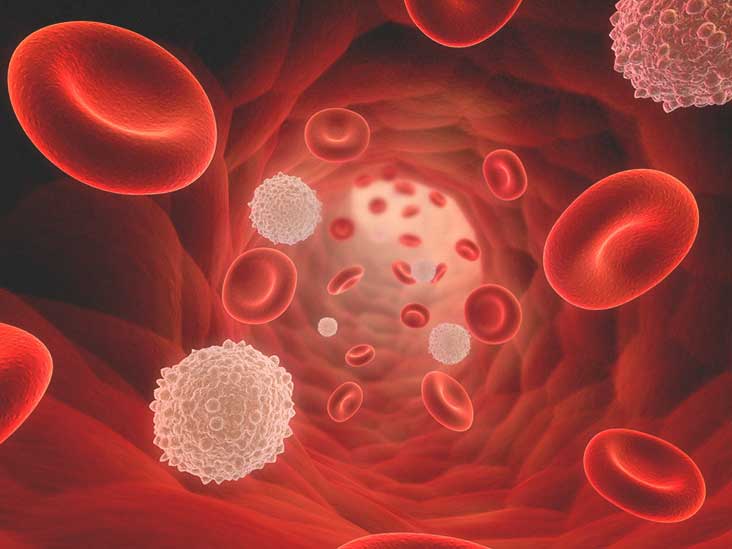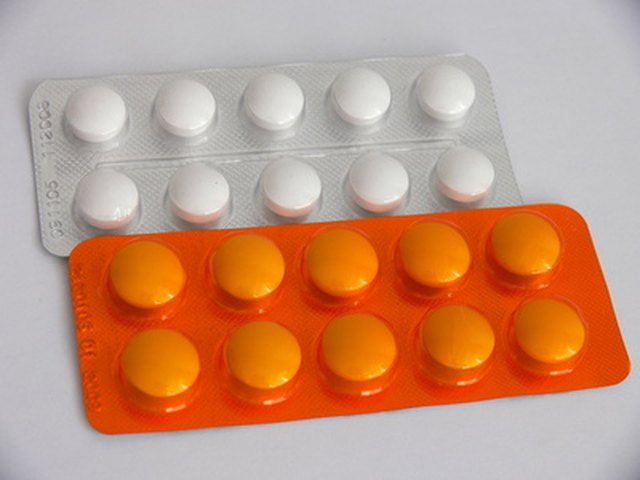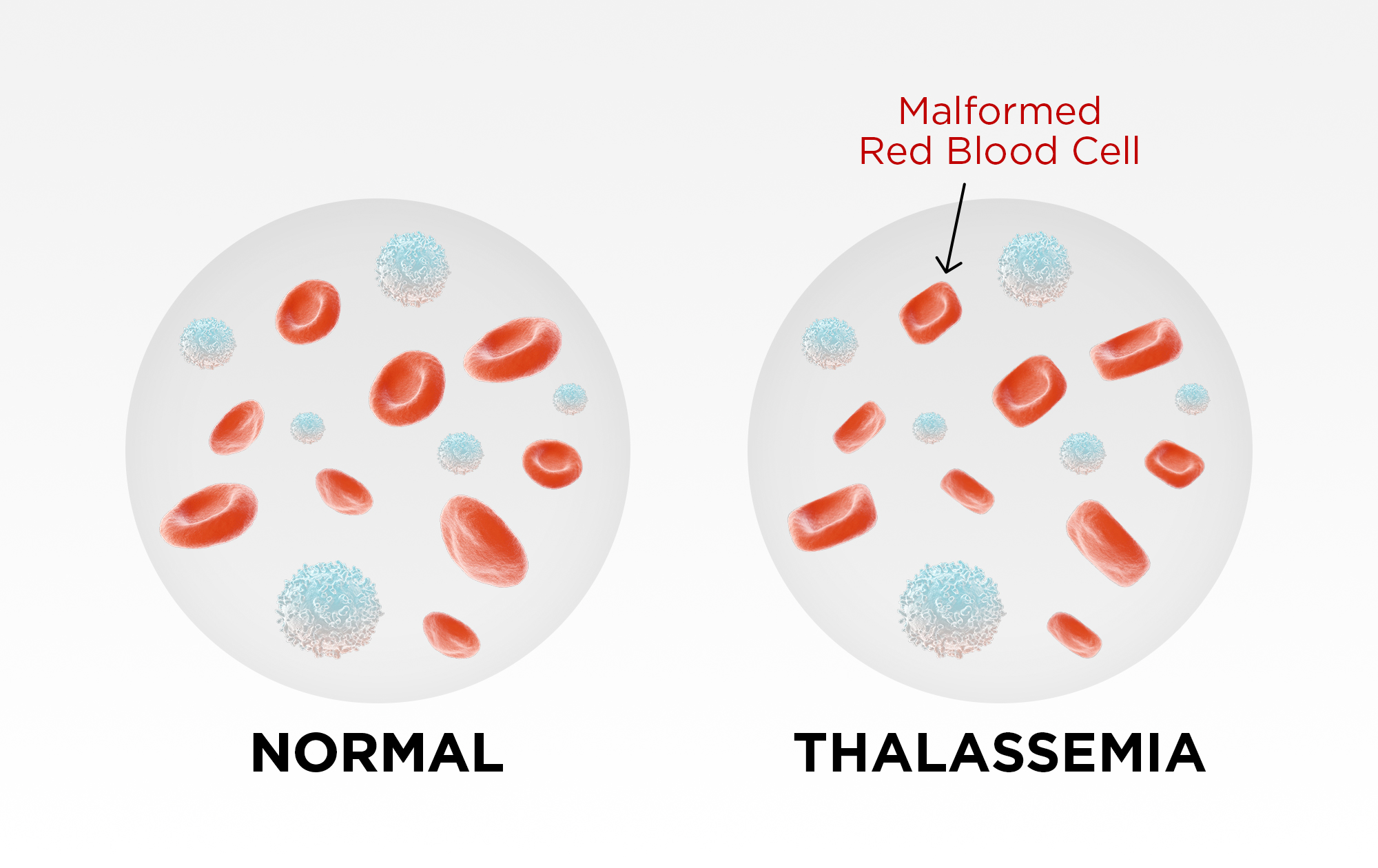

Nonhemolytic anemia : e.g., blood loss, aplastic anemia, anemia of chronic disease.Intrinsic defects: e.g., hemoglobinopathies, enzyme deficiencies.Defective globin chain ( ↓ Globin → ↓ hemoglobin → ↓ MCV): e.g., t halassemia.Defective heme synthesis : e.g., IDA, lead poisoning.Insufficient nucleus maturation relative to cytoplasm expansion due to.Decreased blood volume and/or d ecreased erythropoiesis.By increasing your body's production of red blood cells, this growth factor may decrease your risk of becoming anemic, and may also decrease the number of blood transfusions that may be required during your treatment. An important growth factor used with cancer patients stimulates the growth of red blood cells. These substances work by stimulating the body's production of erythropoietin. Your doctor may also choose to order injections of a "growth factor" (Aranesp or Procrit). Your doctor may instruct you to take over-the-counter iron pills on a daily basis or may order blood transfusions. Take iron supplements only if your oncologist or nurse practitioner/physician assistant has told you to do so.Ĭall your doctor immediately if you have any one or more of the following:ĭepending on the cause and severity of the anemia, there are several ways that anemia can be treated.Avoid caffeine and big meals late in the day if you're having trouble sleeping at night.

Eat foods high in iron, including green leafy vegetables, liver and cooked red meats.When getting out of bed, sit on the side of the bed for a few minutes before standing.Change positions slowly especially when going from lying to standing.Ask friends and family to help you prepare meals or do chores when you are tired.īe careful to avoid injury if you are experiencing dizziness.Prioritize your activities so you will have enough energy for important activities or the activities that you enjoy the most.If necessary, take short naps throughout the day. Take rest periods during activities that make you feel tired. Specific actions to take include: Rest as much as you can to save your energy. Failure to do so may result in your becoming ill. Anemia usually causes you to feel weak and tired therefore, it is very important that when you are anemic you try to prevent your body from becoming extremely tired. Since red blood cells are destroyed as a side effect of chemotherapy/radiation therapy, there is nothing specifically that you can do to prevent anemia from occurring. shortness of breath or difficulty breathing.The signs and symptoms of anemia include: Any time that your hemoglobin level drops below 12.0 gm/dL, you are considered to be anemic.

While receiving chemotherapy/radiation therapy, your hemoglobin level may drop to lower than these normal levels, so your hemoglobin level will be checked periodically throughout the course of treatments. Normal hemoglobin levels for women are usually in the range of 11.8 to 15.5 gm/dL for men, the normal level is from 13.5 to 17.5 gm/dL. The end result is that your body will show signs of being very tired. Therefore, when your hemoglobin is low, oxygen levels are decreased and your body has to work harder in order to compensate. An important part of the RBC is hemoglobin, the part that carries oxygen throughout your body. Patients receiving a combination of radiation therapy and chemotherapy are at greater risk for anemia.

Since chemotherapy destroys cells that grow at a fast rate, red blood cells are often affected. Anemia is a decrease in the number of red blood cells (RBCs).


 0 kommentar(er)
0 kommentar(er)
